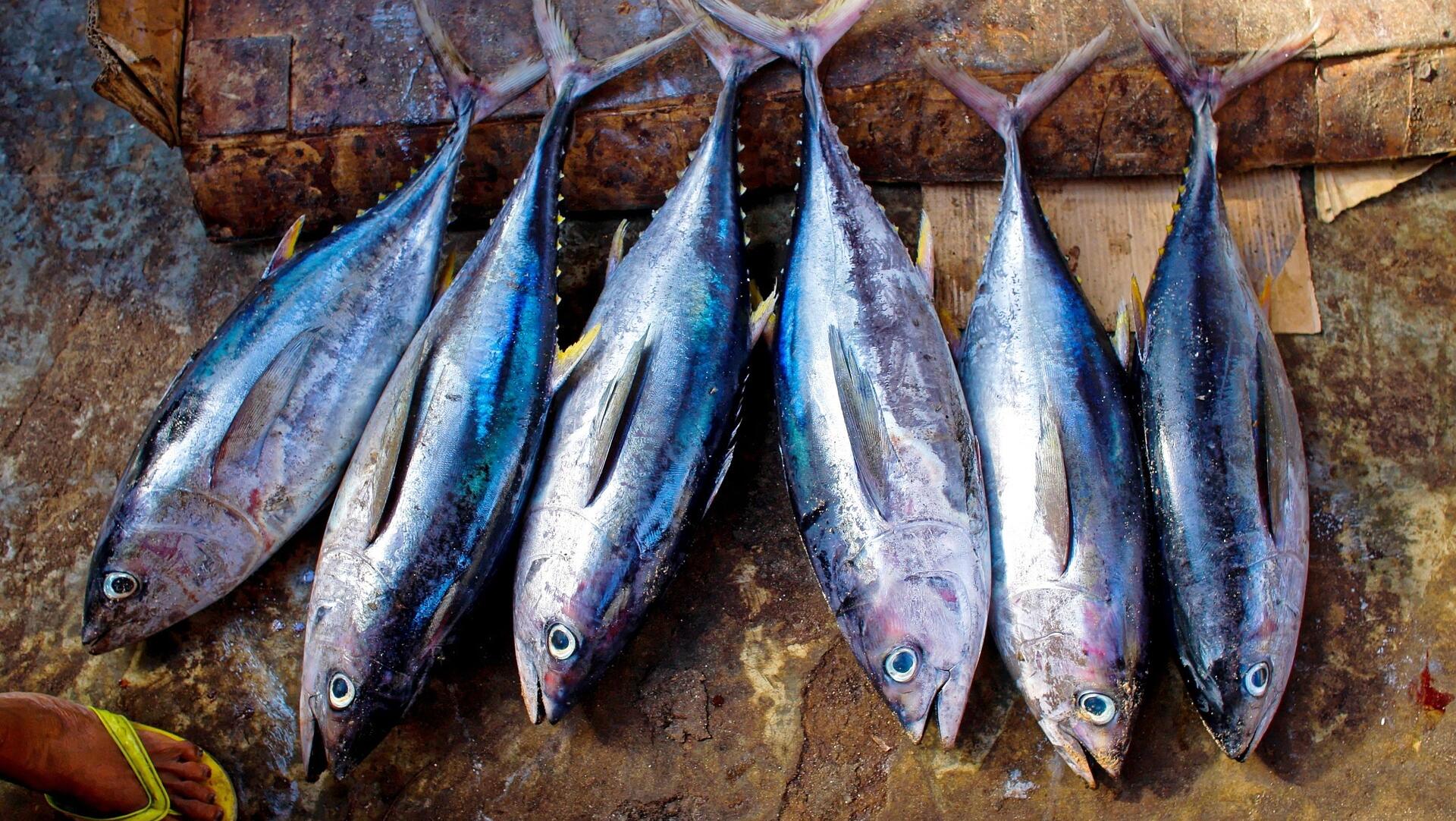An investigation by the Environmental Justice Foundation (EJF) uncovered a Chinese tuna fishing fleet in the Southwest Indian Ocean allegedly using North Korean forced labour between 2019 and 2024, likely violating United Nations sanctions.
Crew members were reportedly subjected to severe abuses, including being confined at sea for up to a decade and involvement in illegal fishing activities.
This investigation revealed the alleged presence of North Korean workers across 12 tuna longliners, bypassing legal frameworks meant to prevent such exploitation.
North Korean labourers in China, numbering up to 100,000, have previously been documented in seafood processing plants exporting to the European Union and United States.
However, this is the first time their presence has been identified on distant-water fishing vessels, the EJF report said.
It said the workers faced extreme restrictions, such as being prohibited from leaving the vessels during port visits and not being allowed mobile phones.
EJF also found evidence of shark finning, fishing for prohibited species, and physical and verbal abuse among the crew.
EJF has called for urgent action from Flag states and Regional Fisheries Management Organisations to improve transparency and combat forced labour at sea.
The foundation's CEO, Steve Trent, highlighted the systemic failures in fisheries management and port controls that allowed these alleged abuses to occur.
Trent said: “The use of North Korean labour on board Chinese fishing vessels is a damning indictment of the failure to regulate our oceans. Illegal fishing and human rights abuses can be found almost without exception on board China’s distant-water vessels. However, the use of North Korean forced labour for such long periods is a particularly severe example of the egregious misconduct uncovered by EJF.”
He emphasised the need for collective responsibility to address modern slavery within the global supply chains, ensuring that such exploitation does not reach seafood markets worldwide.
“The ripple effects of this can be felt far and wide, with the fish caught using this illegal labour reaching seafood markets across the world. China bears the bulk of the responsibility, but when products tainted by modern slavery can be found on our own plates, it is clear that collective responsibility needs to be taken by Flag states and regulating bodies as well. Failure to take the necessary, low- or no-cost steps to end this outlined by the Charter for Fisheries Transparency, from mandatory transmission of AIS signals to the elimination or close monitoring of trans-shipment, means turning a blind eye to extreme, avoidable suffering.”
